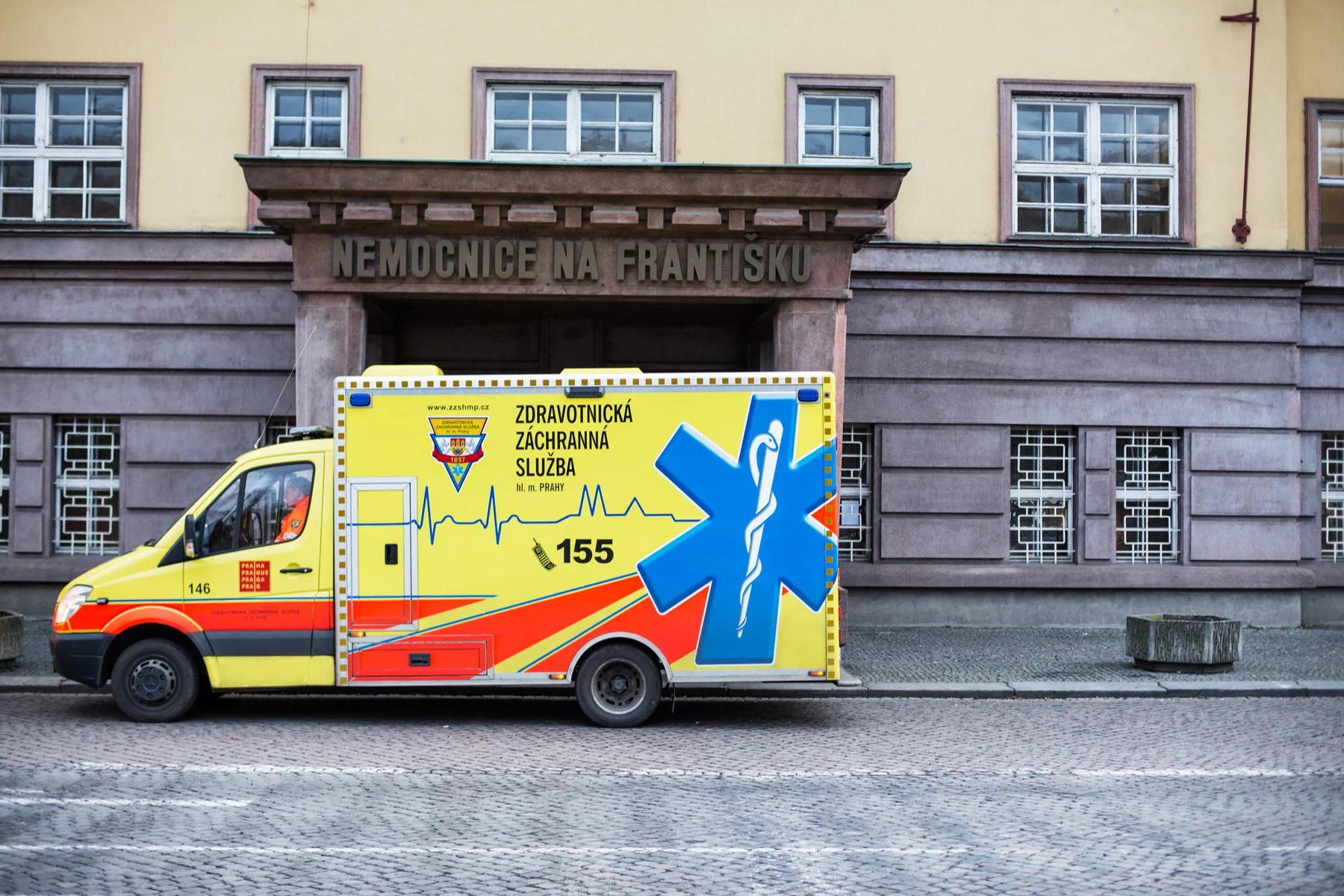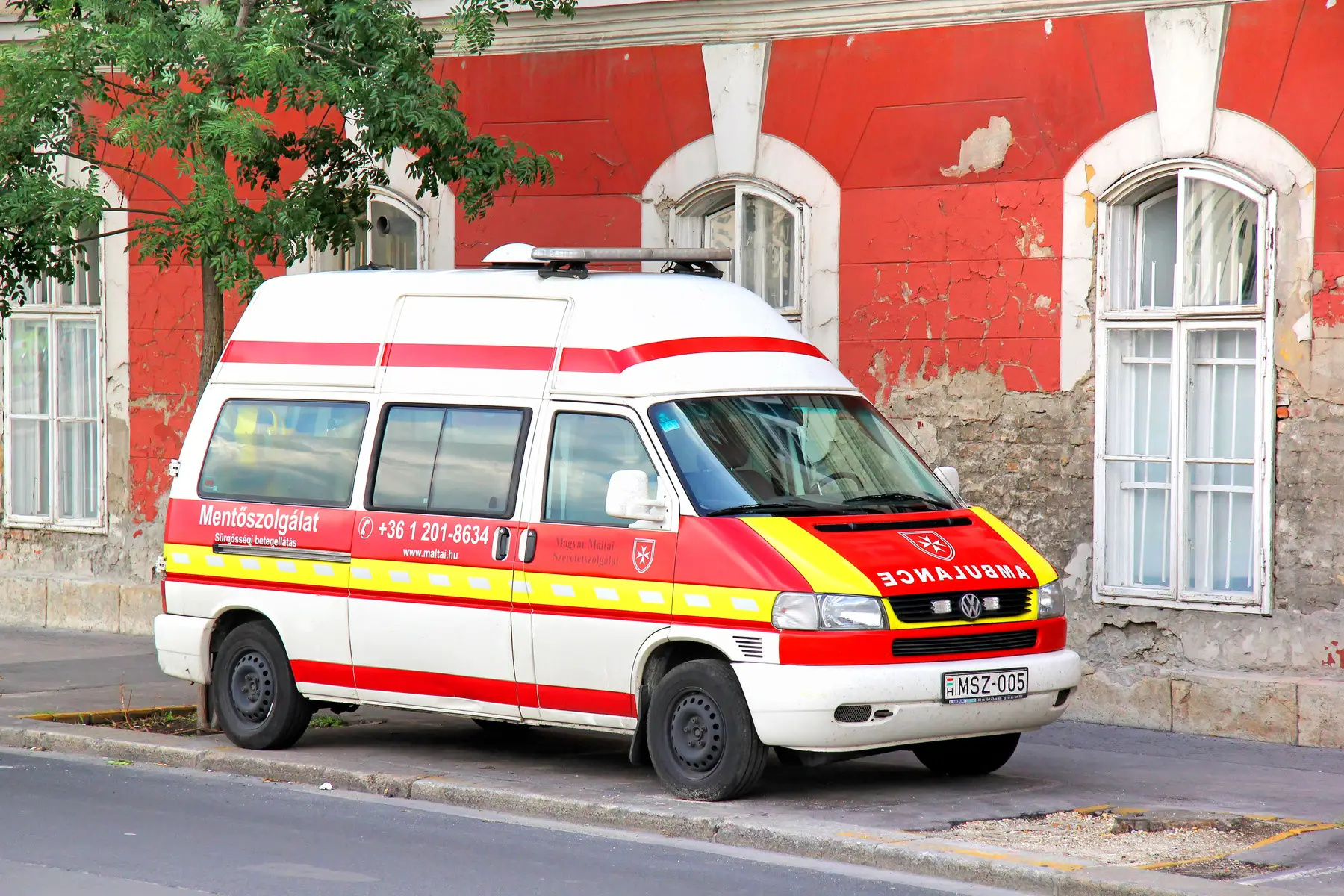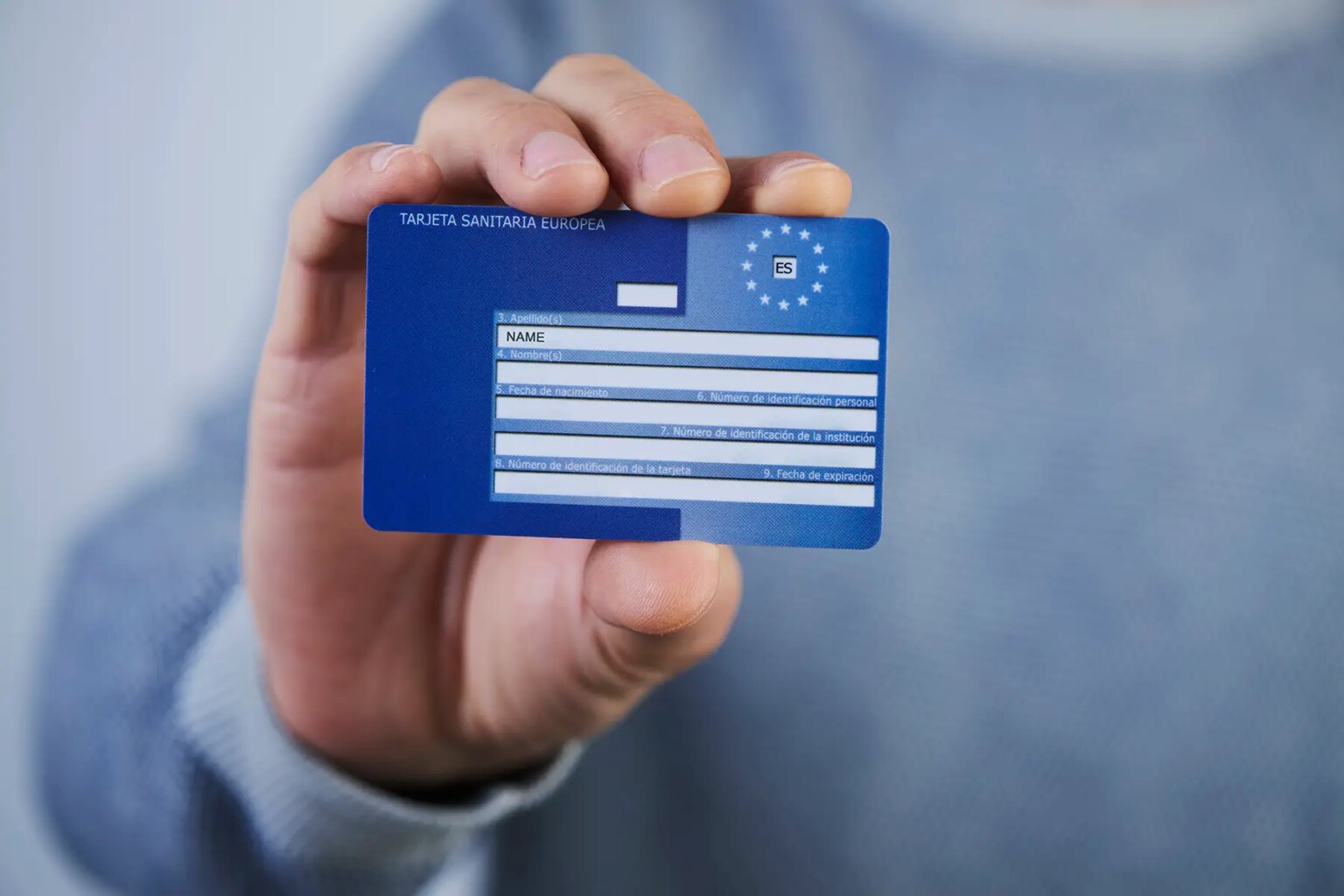Since 2004, the EHIC has simplified the procedures for Europeans receiving medical assistance during travel in another member state by offering health insurance coverage. Your European Health Insurance Card allows you to receive healthcare on the same conditions as a local.
There are some restrictions on what healthcare you can claim using your EHIC, however. They typically void coverage of treatments that are non-urgent, for instance. Therefore, it’s important to understand the conditions of your European Health Insurance Card (EHIC) before you travel. Make sure you start the EHIC application or EHIC renewal process with adequate time before you travel. In most cases, the local health provider or insurer in your country of residence is the first point of contact.
This guide explains what you need to know about the EU health card, including EHIC conditions, what the European medical card covers, the EHIC application process, and EHIC renewal.
This guide to the EHIC explains:
Who can apply for a European Health Insurance Card (EHIC)?
If you are a European citizen traveling within the European Union (EU), European Economic Area (EEA; the EU plus Iceland, Liechtenstein, and Norway), or Switzerland, for private or professional reasons, you are eligible for a European Health Insurance Card.

Having an EHIC allows you to get medical treatment on the same basis as residents of the country you’re visiting. You typically pay upfront and then can reclaim some or all of the costs. What you pay for, how much you pay, and what is reimbursable vary depending on the country’s healthcare policy. Each family member needs their own European health card.
The EHIC, which is free of charge, is not an alternative to travel insurance. In general, the EHIC does not cover private healthcare or being flown home after injury or illness. In some cases, though, insurers may require you to have an EHIC before they will offer you cover.
European Health Insurance Card for non-EU citizens
Non-EU citizens legally resident in an EU state and covered by social security are also covered by EHIC abroad. You need to check with the local health authorities in your host country if they offer a European Health Insurance Card for non-EU citizens.
To receive the card, you must legally reside in the EU and pay or be covered by social security. However, you cannot use your EHIC for treatment in Denmark, Iceland, Liechtenstein, Norway, or Switzerland. Croatians cannot use the EHIC in Switzerland.
British citizens after Brexit
British citizens no longer have the European Health Insurance Card. Instead, they can use the Global Health Insurance Card (GHIC). This is basically the same card under a different name, available to people from the UK only.
How does the European Health Insurance Card work?
When traveling to another EU/EEA member state or Switzerland, take your European Health Insurance Card with you.

If you need to see a doctor, have medical treatment, or are prescribed medication within the EU, EEA, or Switzerland, show your EHIC to the staff to be able to reclaim costs later. In some countries, you can use your European health card with private doctors. You will need to check the situation with your EHIC authority and doctor beforehand to make sure.
You should also ask for a receipt or certificate any time you use your European Health Insurance Card. In some countries, state healthcare is totally free, and you will pay nothing. Otherwise, you will usually be asked to pay for the treatment or prescription at the time, and you reclaim some or all of the cost afterwards – either while you are still abroad or upon your return home – from the health/social services authority in your home country.
In some countries, you will be asked to pay a patient contribution (co-payment), which is not usually reimbursable. For example, if a health scheme in another country only covers 70% of healthcare costs, you will have to pay 30% out of your pocket. Read more about claiming a reimbursement.
What does the EHIC cover – and not cover?
Your European Health Insurance Card only relates to necessary care or unplanned care – such as breaking a leg, a tooth falling out, or catching a virus – or ongoing care for a serious medical condition, for example, diabetes. Planned treatments, however, are typically not covered, so check with your insurer before any treatment.

Your European Health Insurance Card does not cover rescue and repatriation, private healthcare (usually), or healthcare costs for planned treatment, where someone decides to go to another member state to have treatment for a condition. Such treatment will only be covered with the agreement of the person’s insuring institution or national social security administration.
The EHIC makes access easier and facilitates quicker reimbursements. It does not store, or carry information about personal health status, condition, or treatments.
Additional coverage with private health insurance
The EHIC doesn’t cover 100% of the costs in all EU countries or the costs of private healthcare. In this case, you can look at private health insurance if you want to cover all risks. There are many big international health insurance companies that offer different coverage packages for expats, including:
Applying for an EHIC
Every member state is responsible for the distribution of the EHIC to its own citizens. In some countries, the European Health Insurance Card comes automatically with the national health card; in others, you have to apply for it. To be eligible, you should be paying into (employees) or covered by (dependent family members) the state social security system.
The period of validity of the card is a decision for each issuing member state to make.
Click to find the EHIC application process in your country.
Renewing an EHIC card
The European Health Insurance Card is typically valid for five years. You can begin the EHIC renewal process six months before the expiry date; however, any leftover time will not be added to your new European health card.
EHIC card renewal is typically an easy process. EU/EEA/Swiss citizens can sometimes handle the EHIC renewal process completely online if no details have changed, although the EHIC card renewal process changes from country to country. Find the EHIC renewal process in your country and who to contact.
The EHIC card renewal process is completely free. However, be aware of unofficial websites charging you to download the EHIC renewal form or complete the renewal of the European Health Insurance Card process.




